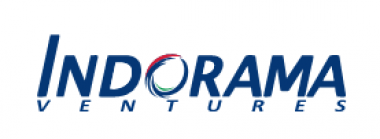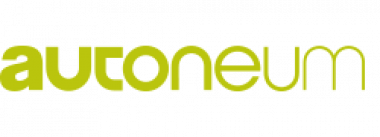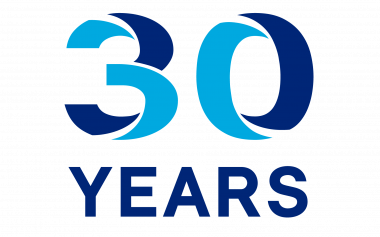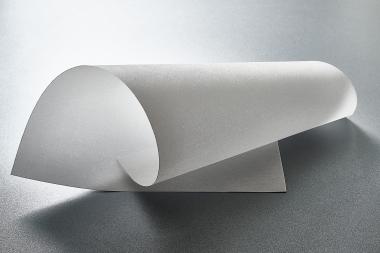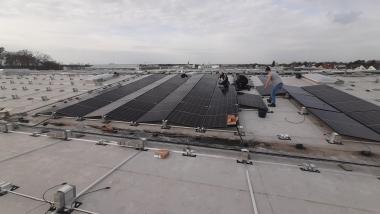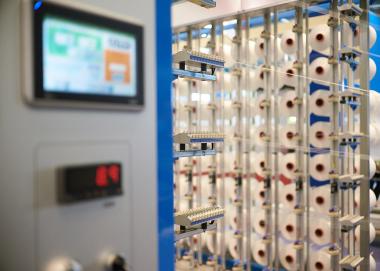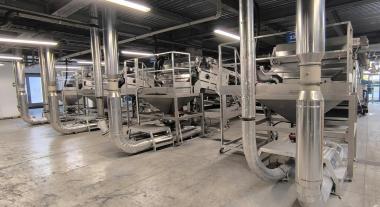Indorama Ventures: Evaluation of PTA and PET plants in Rotterdam
Indorama Ventures' Combined PET business segment will enter into a consultation process with representatives of site employees to evaluate the possible future for production activities at its PTA (Purified Terephthalic Acid) and PET (Polyethylene terephthalate) plants, located at its integrated production site in Rotterdam, Netherlands.
The evaluation follows a comprehensive review aimed at bolstering the site's competitiveness. However, it occurs amidst notable competitive and macroeconomic challenges, including increasing labor, raw material, and energy costs, alongside the influence of low-cost imports. Structural shifts in the industry are contributing to a growing divergence in raw material expenses between China and Europe, with limited anticipated recovery. Consequently, there is a need to optimize the company's asset portfolio to enhance its position and ensure resilience in response to evolving market dynamics.
Customers will not be affected as Indorama Venture’s extensive global footprint will enable seamless operations leveraging alternative assets.
The company will focus on mitigating negative impact and providing care and support for any affected people.
This update follows the company’s announcement of 'IVL 2.0' earlier in 2024, signaling a new strategic chapter focused on optimizing financial structures, fostering organic growth, and delivering enhanced value to customers through sustainable solutions. The strategic pillars of action involve optimizing asset utilization, driving operational excellence, unlocking portfolio value, and maintaining leadership in core markets.
Indorama Ventures Public Company Limited


